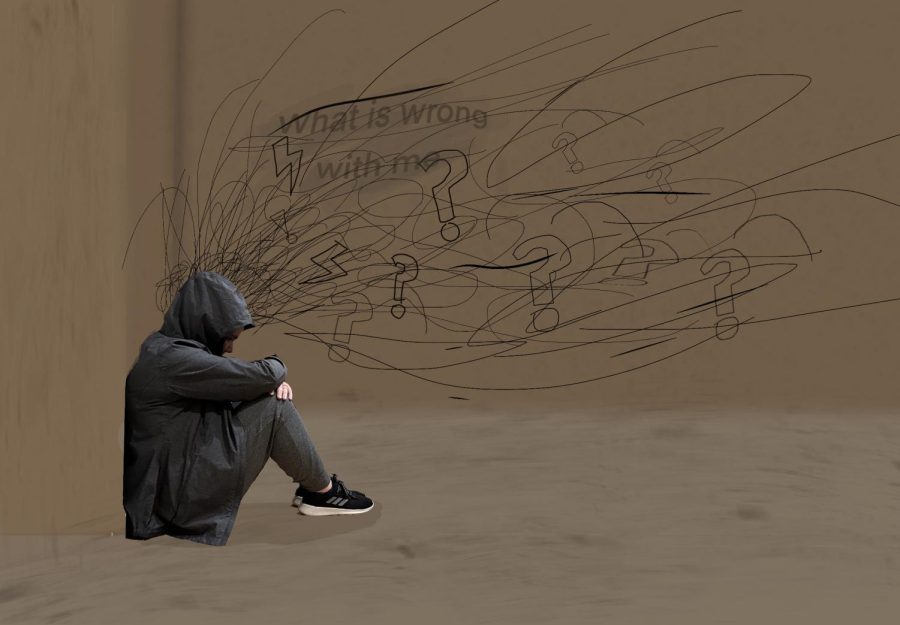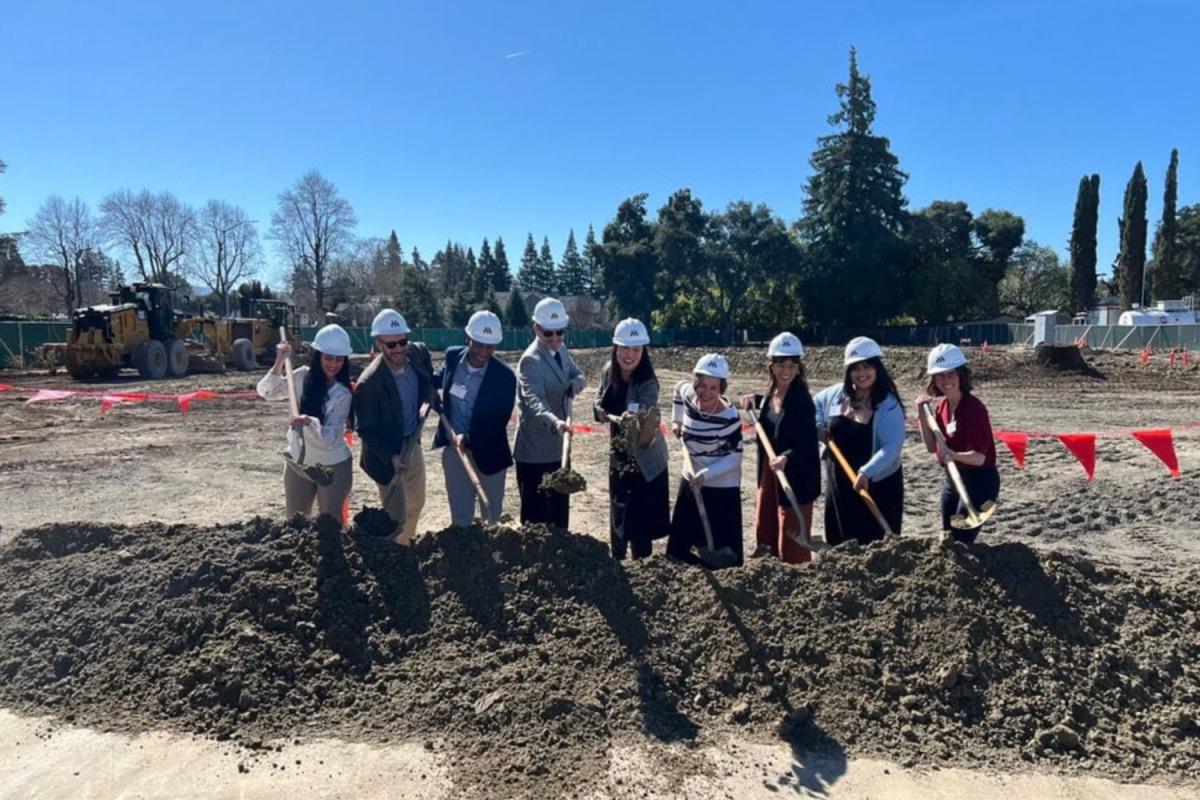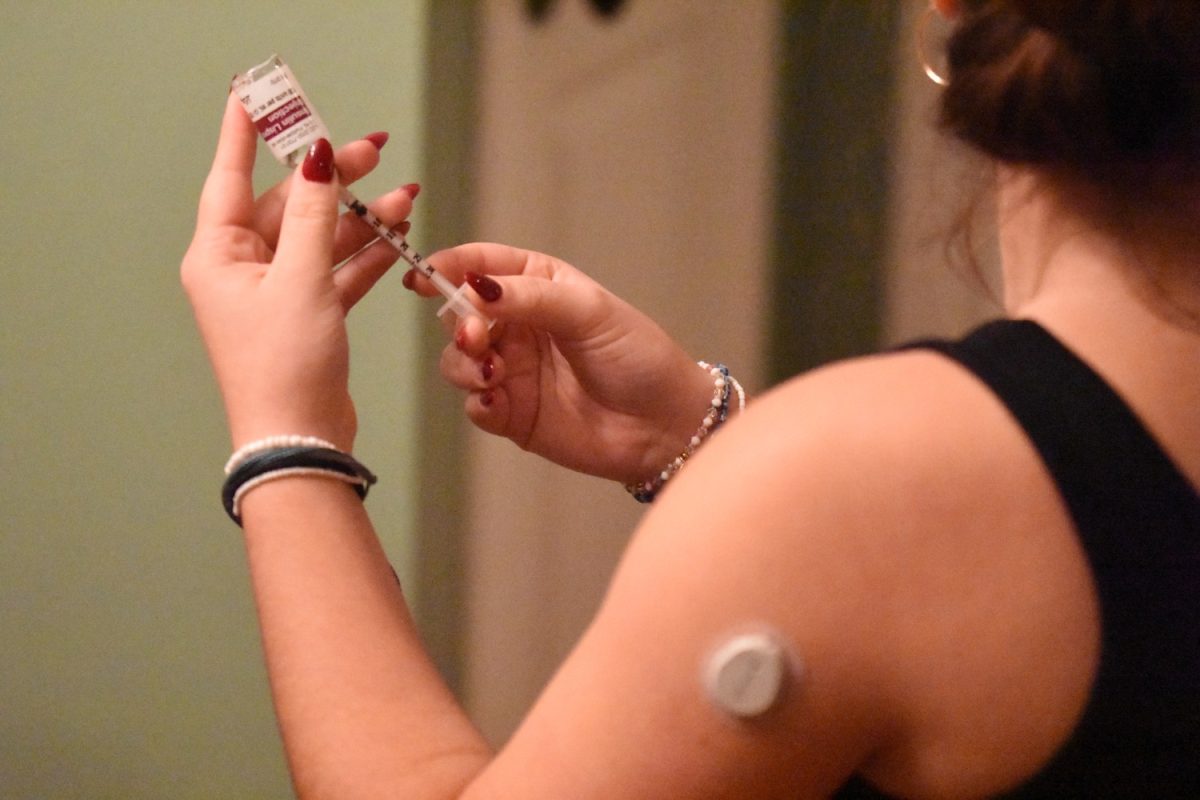In partnership with Sen. Susan Eggman, Gov. Gavin Newsom proposed a new ballot initiative on March 19 that would reshape how California services mental health and substance abuse.
The initiative, which citizens will vote on in the 2024 elections, comes in response to the growing number of Californians suffering from mental health issues and addiction, specifically homeless and veterans. Newsom’s plan includes adding 6,000 psychiatric beds to California and allocating $1 billion per year from the Mental Health Services Act (MHSA).
The new addition would provide counties with a permanent source of housing funds, allowing them to continue to provide care to patients after they are discharged from psychiatric institutions. Newsom hopes that this will service over 10,000 people each year.
“At a certain point, we must stop pointing fingers, and we still need to look in the mirror and take responsibility. We have agency; we can shape the future,” Newsom said in a press conference. “We must address and come to grips with the reality of mental health in this state and our nation.”
The California government passed the MHSA in 2004, and it is funded by a 1% tax on personal income that exceeds $1 million per year. The goal was to address early intervention and provide services, infrastructure, and technology to support California’s behavioral health system. The money has been used to fund housing and the state’s public mental health services.
However, Sen. Josh Becker believes the funds haven’t been well spent. According to Becker, addressing key issues becomes even more essential as homelessness and mental health issues become more prevalent in California.
A significant part of Newsom’s proposed bill is refreshing the MHSA; instead of only addressing the immediate treatment, it looks to the next steps for the people it serves.
“Just focusing on immediate treatment results in a revolving door of people going into the hospital, back to the streets, into the hospital, back to the streets. More often than not, they don’t even go into the hospital,” said Melissa Platte, the executive director of the Mental Health Association of San Mateo County (MHA). “They go into the psychiatric emergency services, stabilize for a couple of hours, and then get discharged because somebody with a higher acuity level comes in and needs more than they do at that moment.”
Like many mental health organizations in California, part of MHA’s funding comes from the MHSA. For over 60 years, they have used the money to build semi-permanent housing where their patients can continue to receive care.
“Our housing doesn’t just have housing. We also provide case management and occupational therapy, and we have a registered nurse, so we can do a bit more in terms of wraparound services for the people we serve,” Platte said. “Then, we work closely with all of the other systems and networks within the county to try and help our clients obtain the services that they need, are entitled to, and desire.”
Platte believes that new mental health bills must provide more overall care and address the different needs of different people.
“People living with serious mental illness need to be in a safe, supportive setting of some sort,” Platte said. “But it varies by degree and by timing. What do you need, and when do you need it? How long can you get it?”
To address that, California’s government plans to add behavioral health beds where people can start their recovery and build interim housing, which are mobile units that serve as a step between psychiatric facilities and permanent residence, according to Becker.
Becker hopes to implement residential facilities with on-site services in San Mateo County to support residents’ mental stability and recovery from addiction.
“Having thousands of new mental health beds, $1 billion every year, local assistance for people experiencing mental illness and substance use disorders, and having some new accountability oversight in San Mateo County will be helpful,” Becker said.
For Platte, state-wide bills like this help educate about mental illnesses and the care people suffering from these issues need.
“It’s always of significant value when there are proposals to improve the type and quality of care that people with serious mental illness receive,” Platte said. “There’s always a benefit to have somewhat of a spotlight shone.”
Platte believes the presence of better accessible treatment in residential areas will help destigmatize severe mental health since it is prevalent in modern society. While an estimated one in seven adults in California has a mental illness, one in 26 has a severe mental illness that restricts daily activities.
“99% of the people we work with are just people,” Platte said. “They’re just people who have an illness and deserve the kindness, compassion, and support to deal with the illness and to have a life of quality.”






















